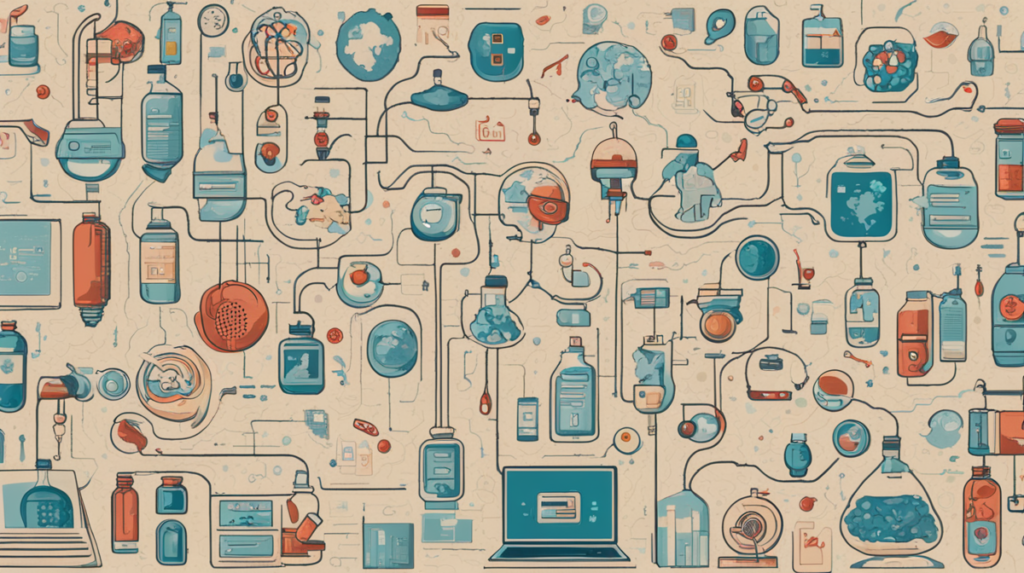As our world grows increasingly digital, so does our healthcare system. Advancements in technology are drastically reforming the health sector, paving the way for more efficient diagnoses, improved patient care, and groundbreaking treatments. This article dives into how tech and health intertwine, delivering a unique perspective on the most recent innovations in healthcare.
Driving Precision Medicine with Big Data
Big data is a term that refers to extremely large data sets analyzed to reveal patterns and associations. In healthcare, big data aggregates information from a multitude of sources for analysis and interpretation, enhancing precision and personalised patient care. Recent studies have shown that integrating big data with genomics could help cluster patients based on genetic similarities, offering more precise treatment plans.
Artificial Intelligence – The Future of Patient Diagnosis
Artificial intelligence (AI) has been buzzwords in healthcare for some time now. AI algorithm can analyze vast amounts of data; they are being trained to interpret medical images, predict patient risk, and even diagnose diseases. For instance, Google’s DeepMind AI has been used to assist pathologists in detecting breast cancer metastasis, speeding up the diagnostic process.
Telemedicine – Expanding Access to Healthcare
The advent of telemedicine has uncoupled healthcare from traditional settings, letting patients and doctors connect virtually. Especially beneficial for rural or isolated populations, it also provides a safer alternative for contagious or high-risk patients amidst global health crises, such as the COVID-19 pandemic.
IoT in Medicine – Connected Care
The Internet of Things (IoT) in healthcare refers to a network of medical devices connected to the internet, producing invaluable data and enhancing patient care. Many studies have highlighted the impact of IoT in monitoring patient vitals and improving medication adherence.
Controversies and Debates
While innovation in healthcare technology brings numerous benefits, it is not without its controversies. Data privacy is a significant concern with advancements like IoT and big data. Similarly, there are worries around machine bias in AI, as the technology is only as good as the data fed into it. However, stringent regulations, conscious tech-design, and robust cybersecurity measures can mitigate these issues.
Conclusion
The integration of technology and healthcare has forever altered the health landscape. It is crucial for health professionals and patients to stay informed about these changes to harness their benefits while navigating potential risks.

